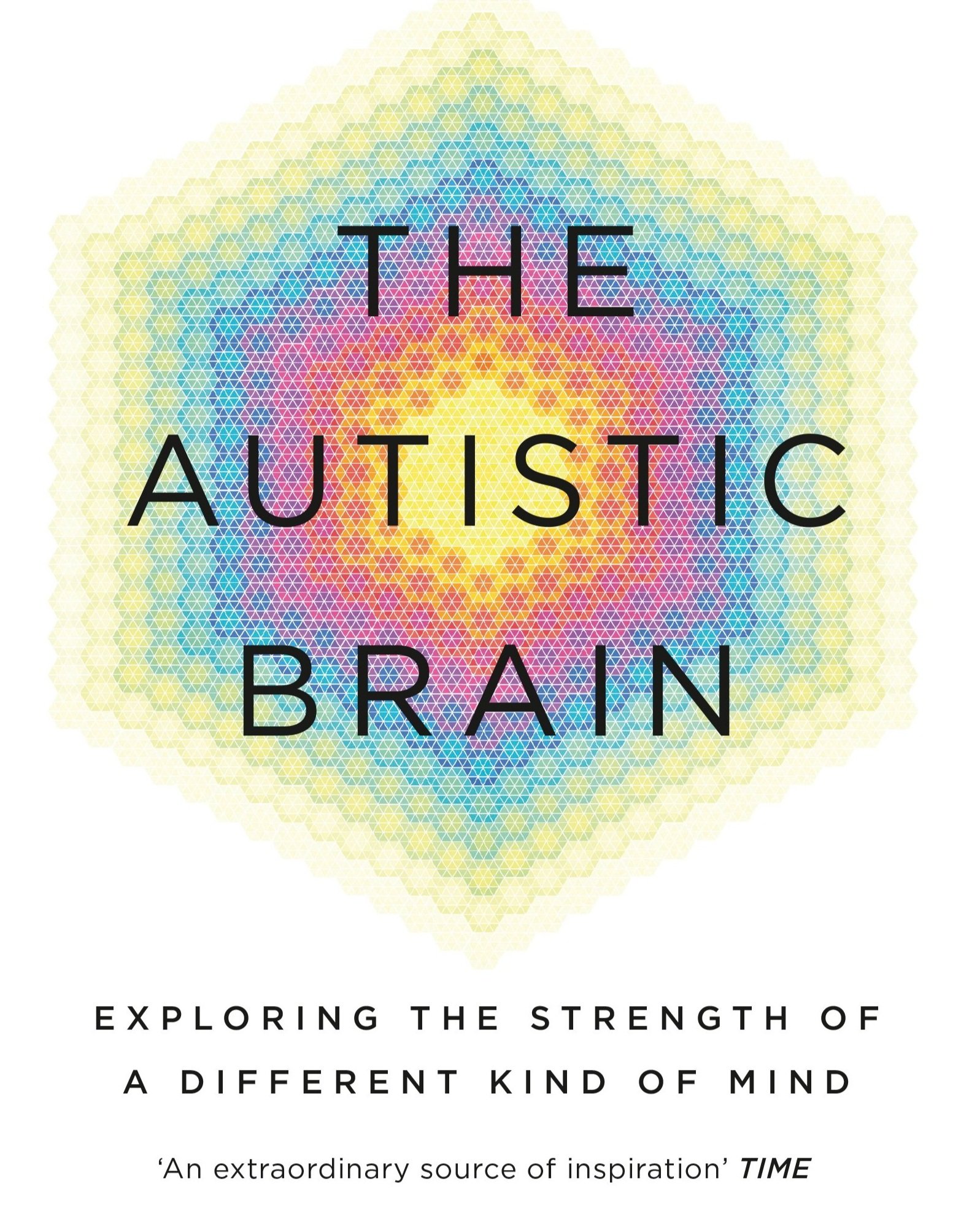3 books to help understand the autistic experience
As parents of children on the autism spectrum, it can often be difficult to navigate the immense amount of books, information, and resources out there. This post is intended to give you a head start in finding the right books that best match the needs of your family.
Here are our favourites:
Unmasking Autism by Dr Devon Price
Many neurodivergent people (diagnosed, undiagnosed or self-diagnosed) are familiar with the term ‘masking’. The term means suppressing certain behaviours an autistic person may find soothing but that others think are ‘weird’, such as stimming or intense interests.
Dr Devon Price uses a blend of personal experience, history and research to explore how the autistic experience has largely been reported on by neurotypical individuals.
As a result, information available about autism does not share the true challenges that many autistic people experience because they are able to hide their uncomforted, pain and challenges to meet neurotypical expectations. Dr Price shares a foundation for how to unmask, including topics such as: celebrating special interests, cultivating autistic relationships, reframing stereotypes, and rediscovering personal values.
The Autistic Brain By Temple Grandin
Autistic author and professor, Temple Grandin, and co-author Richard Panel, offer a compelling account of the autistic experience with a summary of new scientific understanding about the condition.
The book contains personal accounts of Grandin’s personal experiences as a child receiving clinical treatment and support. The book also discusses recent advances in neuroimaging and genetics that have helped doctors, scientists and psychologists better understand the biological and neurological aspects of Autism Spectrum Disorder (ASD).
Later in the book, Grandin and Panel also discuss how autistic traits that have been misunderstood and misinterpreted as ‘problems’ and ‘weaknesses’ should be evaluated as strengths to be harnessed in real-world settings.
Neurotribes By Steve Silberman
In this comprehensive book, Silberman first explores the scientific origins of autism by delving into the work of Hans Asperger and Leo Kanner. Silberman explains that, due to the different conclusions of the two scientists, the apparent ‘autism pandemic’ is not caused by environmental or technological shifts but rather by previous diagnostic failure.
Silberman also touches on the debunked theory that vaccinations cause autism in young children. Silberman continues his discussion of the neurodiversity movement by arguing that conditions such as ADHD, autism and dyslexia should not be viewed as deficits or dysfunctions but rather as naturally occurring cognitive variations with distinctive strengths that can aid evolution of culture and technology. He concludes by calling for more support for autistic children, adults and their families to lead happier, healthier lives.



